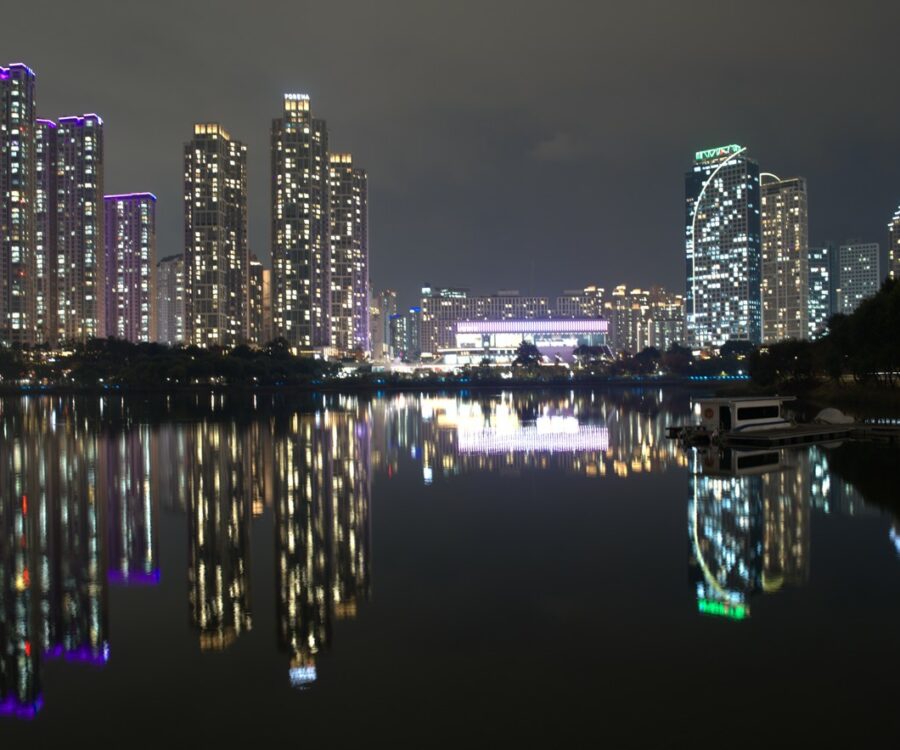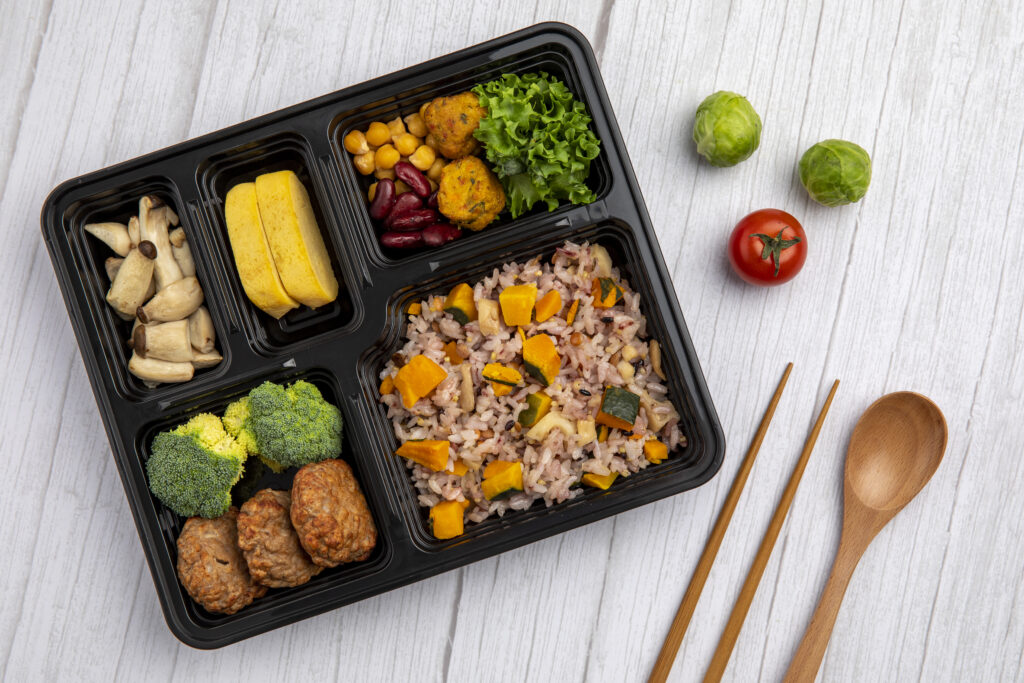
According to International Vegan Union, the vegetarian population around the world is estimated to be about 180 million, and Korea Vegan Union estimates 2.5million. This means about 25 times growing in the past 13 years compared to only 100,000 vegans reported in 2008 in South Korea. What triggered the spread of the vegetarian culture was the recent increase in awareness of animal rights.
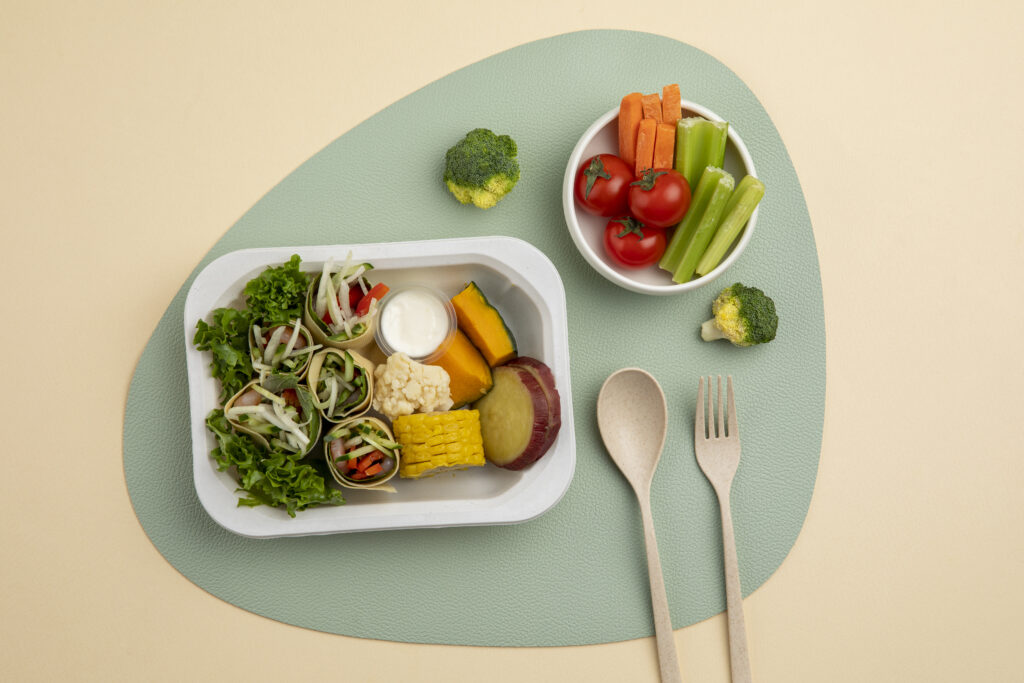
Originally, ‘vegan’ refers to people who follow a rather strict diet compared to that followed by vegetarians. It only allows for food such as vegetables, fruits, and seaweed, excluding all animal ingredients, even eggs and dairy products. Lately, however, in the market the term has a much broader meaning.

Lately, vegan foods have been gaining popularity. Vegan products have become one of the most sought after due to its health benefits loss and disease prevention effects. Since the COVID-19 pandemic, the “meaning-out” is rapidly spreading among the younger generations in South Korea. Also known as “value consumption”, meaning-out consumption can imply eating sandwiches with plant-based meat, wearing clothes produced in an environmentally friendly manner, and applying cruelty-free cosmetics. The phenomenon stems from the perception of nature destruction caused by humans which in turn resulted in the climate crisis and the COVID-19 pandemic.
‘Veganism’, now refers to not only one’s eating habits but also social values such as sustainability, animal welfare, and human rights throughout the planning, production, and sales processes of products. The vegan culture is on the rise, as more and more Korean youngsters are looking for brands and products that share the same value as themselves.
As the vegan lifestyle expands, new changes are taking place across the various industries in Korea, from diet to cosmetics, household goods, hotels and transportation.
Veganism fashion
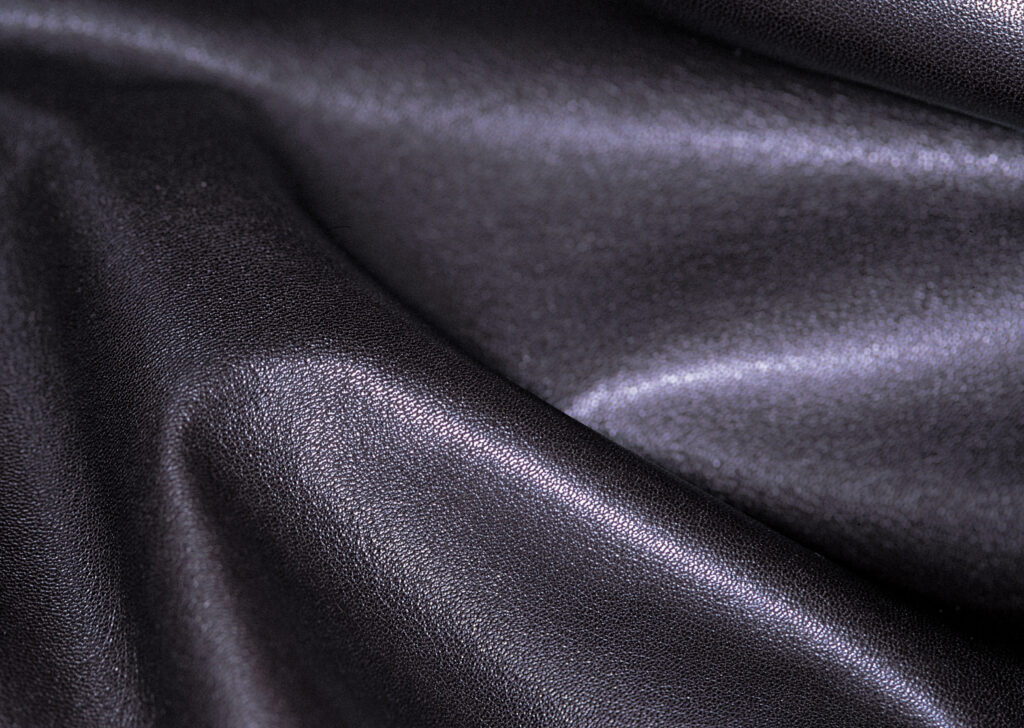
Lately eco-friendly fashion has been drawing attention, and so has been “vegan fashion”, which focuses on animals’ welfare. Veganism, which initially originated as an eating habit, has evolved into not using animal carcasses in general. For this reason, some vegan-oriented fashion brands have recently used veggie leather, synthetic leather (fake fur) made of chemical fiber, or synthetic leather.
However, vegetable leather eventually uses cow leather, and artificial leather or fake fur causes microplastic environmental problems, which adversely affects the environment after use. For this reason, interest in vegetable materials that can be a leather alternative has been increasing. This is because it can be recycled naturally since they do not utilize actual animal skins and petroleum products.

“MYCEL” is Hyundai Motor’s subsidiary startup founded by three of its employees. The startup was funded by a total of 1.5 billion won by the company. It was initiated to develop a technology that can combat the problem of recycling mycelium in the Korean mushroom farms.
According to them, cowhide, which is mainly used in the production of natural leather, goes through as many as 10 stages of processing. Mushroom mycelium leather can reduce production costs by greatly shortening the process, and the amount of waste generated is minimal. 30% of the weight of cowhide is waste, and 1% of natural leather is enough for the amount of water needed to produce artificial leather using mushroom mycelium.
Veganism Beauty

With the spreading value of sustainable environment over one’s looks among the new generations, the vegan cosmetics market has also been booming during the recent years.
‘Veganism’ has been receiving a lot of attention lately in the beauty industry from products users. It is quite evident that many cosmetic brands have been boycotted for testing their products on animals. As such, compared to the past, the beauty industry now features a lot more vegan-friendly and cruelty-free beauty products nowadays.
Consequently, it is expected that the value consumption and vegan trends will continue this year (2022) as the value of sustainable environment is rapidly spreading around women and generation Z.
Vegan trending in Korea
According to the data provided by Hwahae (화해), users in their 20’s contributed greatly to the growth of the vegan beauty. Among the app’s users the frequency of the keyword ‘vegan’ searched by women in their 20’s increased by 123 % in the second half of 2021 compared to the first half.
This is also no wonder then why the search frequency rate of ‘BHA’, a vegan ingredient moved up from 194 to the 13th position.
Organic or vegan?
Although sometimes used interchangeably, the two have a slight difference. Although there are no pesticides used in the production, the ingredients still do contain some chemical components which makes it problematic for users with sensitive skin. Vegan cosmetic products on the other side, are ‘clean’ since they are made of natural eco-friendly ingredients. They are less likely to cause any irritation yet proved their high effectiveness when it comes to nourishment and improving your skin.
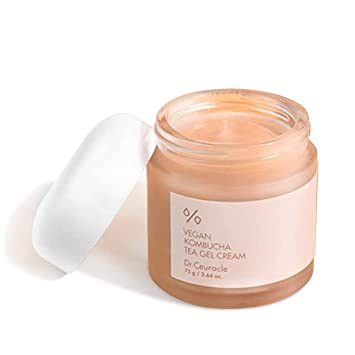
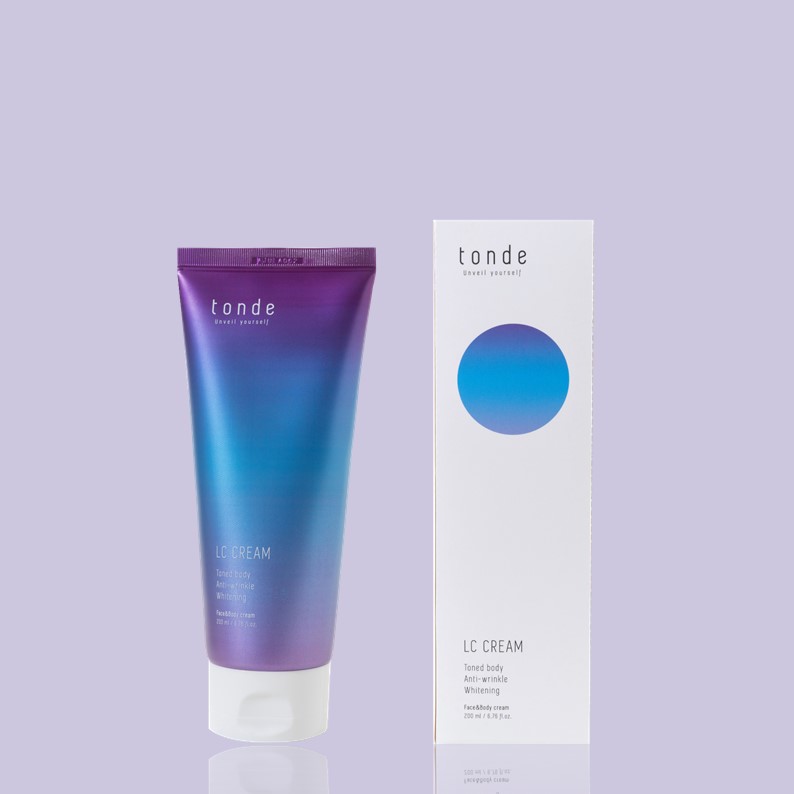
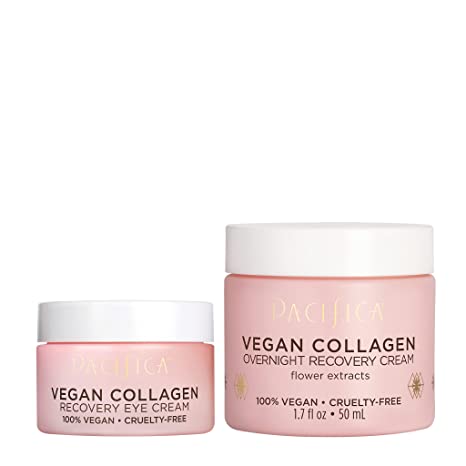
Many brands have also attempted at combining natural ingredients with medical benefits. For example, Tonde, a Korean brand, positions itself as a brand whose core components and principles are based on Chinese traditional medicine. Before a product is released, it goes through a number of rigorous testings to ensure its beneficial effects.
World’s largest Vegan Fair
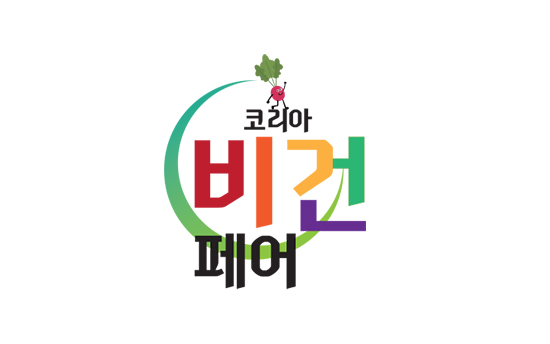
‘Korea Vegan Fair’ is a specialized exhibition that displays everything related to the vegan industry – from lifestyle to food and beverage, fashion and beauty to the vegan industry. At the 2022 Korea Vegan Fair, you can see trends both, Korean and overseas veganism trends.
The fair will be holding an ‘online meeting room’ on the official website. Exhibitors can promote their business, and visitors can preview the products and businesses of exhibitors before the event to understand trends in the industry.
A special zone will be created at the exhibition to demonstrate the vegan lifestyle and the future of veganism. ‘Eco-Tech Zone’ is composed of companies with new technologies and ideas related to eco-friendliness. Products that can help practice a vegan lifestyle, such as biodegradable and sustainable products, will be introduced. There will also be a ‘vegan sauce zone’ where you can enjoy healthy and delicious vegan food. Visitors can check out various domestic and international vegan sauces that enhance the flavor your dishes.


